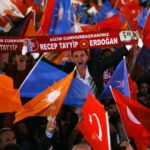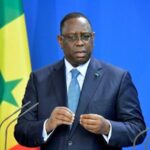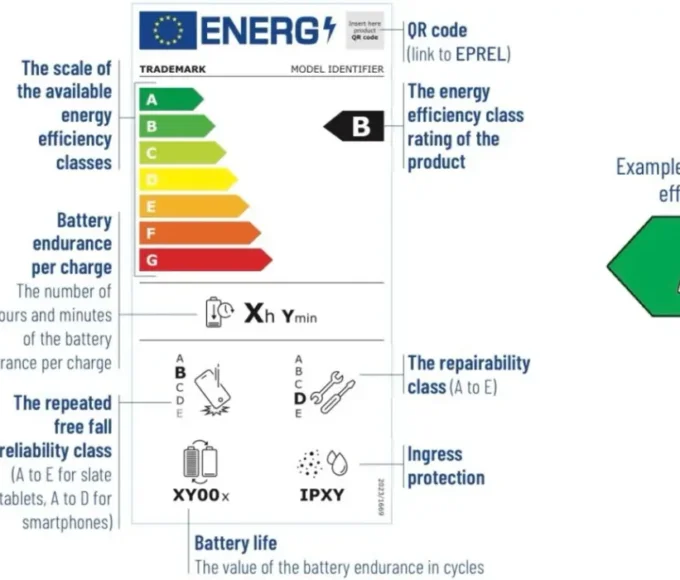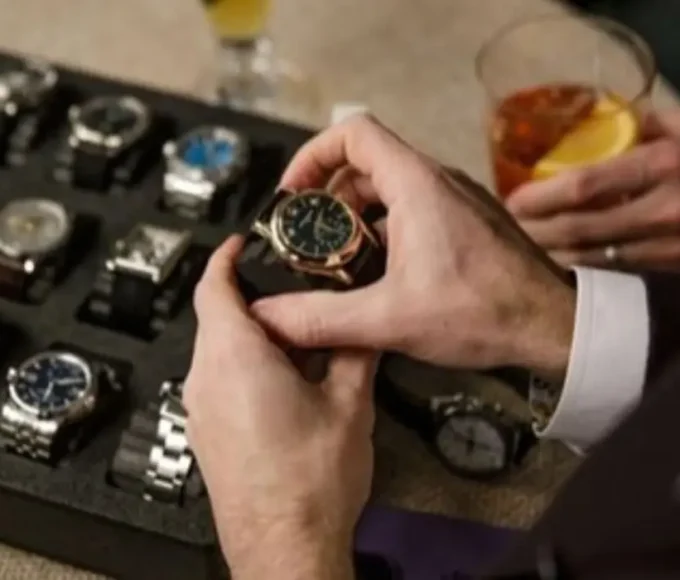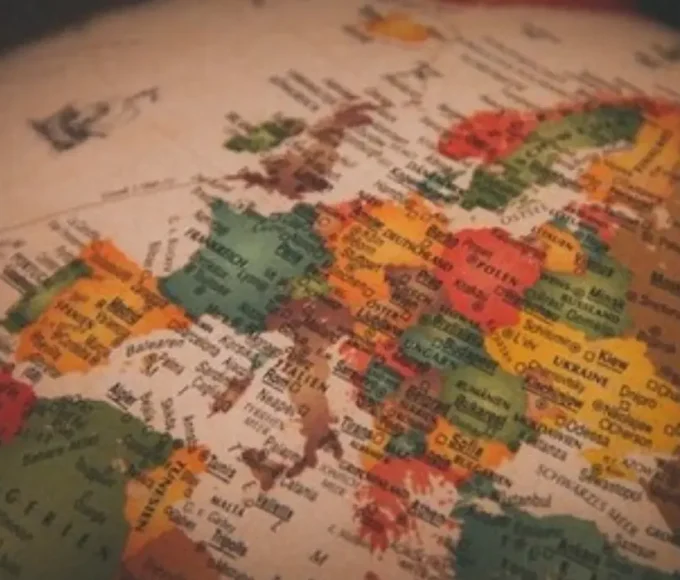If I had to remember only one success of President Macky Sall’s foreign policy in 12 years, it would be undoubtedly and without any hesitation: the departure of Yaya Jammeh. Jammeh has been a thorn in Senegal’s side for 23 years playing arsonist by night and apple sapper by day in the Casamance crisis which is our most serious national crisis. On the international scene, a State has only two actors: the diplomat and the soldier. And the fact that President Sall relied alternately and harmoniously on the diplomat and the soldier to oust Jammeh without a shot is a stroke of genius that deserves to be studied in the schools of war and diplomacy. This stroke of genius had a decisive impact on the crisis in Casamance by depriving the MFDC of a fallback zone but also and above all by bringing Casamance geographically closer to the Farafégny bridge. The MFDC had given the wrong answer to a real question (landlockedness), with Pont, de Farafegny among others (boats and planes), the President gave the right answer to the real question, thus making the MFDC anachronistic.
This is why in my opinion, the departure of Jammeh and the Farafegny bridge are more important than all the other successes because we say “a country makes its history but undergoes its geography”. Our geography is what Senghor called the concentric circles to march towards African unity. In his excellent book, Senegal and its neighbours, Momar Coumba Diop shows that the first circle around Senegal was a ring of fire with a military intervention in Gambia (Fode Kaba 2), a military intervention in Guinea Bissau (Operation Gabou), a long conflict with the Mauritania of Ould Taya, without forgetting the antagonism between Senghor and Sekou Toure and the ephemeral federation of Mali. Between Senegal and its neighbors, the 12 years of Macky Sall can be summed up in a simple way: tearing down the walls of mistrust to replace them with bridges of trust. A trust bridge over the Gambia River and another over the Senegal River with the Rosso Bridge. These bridges of trust open up Senegal, the gateway to West Africa, which was in fact a very landlocked country because the gateway was in fact only permanently open to the Atlantic. President Sall’s foreign policy has deconstructed this hegemony of the Atlanticist logic that dates back to colonization to open the door to the continent.
In twelve years, the first circle that was fire has become a circle of peace with the President’s desire to replace mistrust with trust in our relations with Mauritania with the sharing of energy wealth at the border. It is an old principle of Political Science that two countries that do business rarely go to war. So Mauritania by this principle will become one of the largest allied countries of Senegal, which is both a geographical and historical logic because the river has never been a border and the Rosso bridge will recall it in concrete. Another principle of Political Science also teaches that democracies do not go to war.
After Jammeh’s departure, The Gambia quickly returned to the democracy it had always been and therefore today has the best relations with Senegal. It is the same for Guinea Bissau since democracy returned to this country with the support of Senegal. These two principles (democracies do not go to war, when you do business you rarely go to war) on which President Sall relied to transform the ring of fire into a circle of peace and co-prosperity already shown their relevance in Europe because what is called the European model is nothing other than a substitution of the economy for war as a means of regulating relations between European nations the tragedies of the two world wars.
This article is originally published on leral.net




